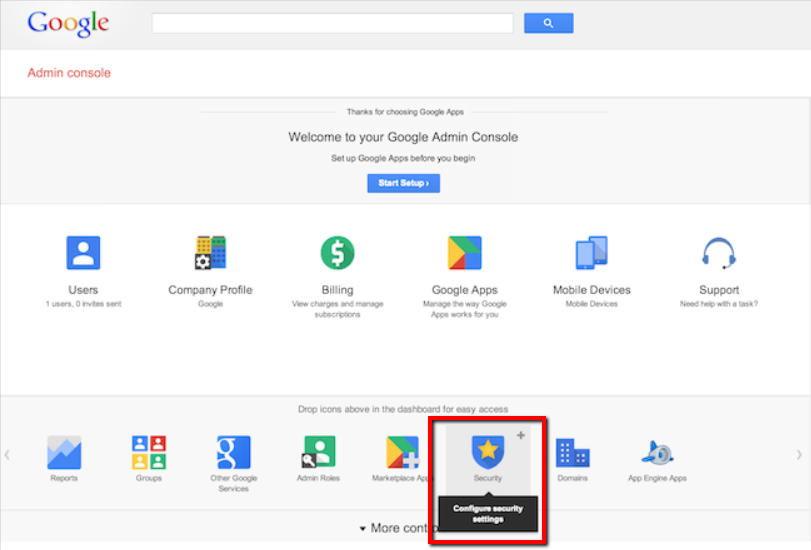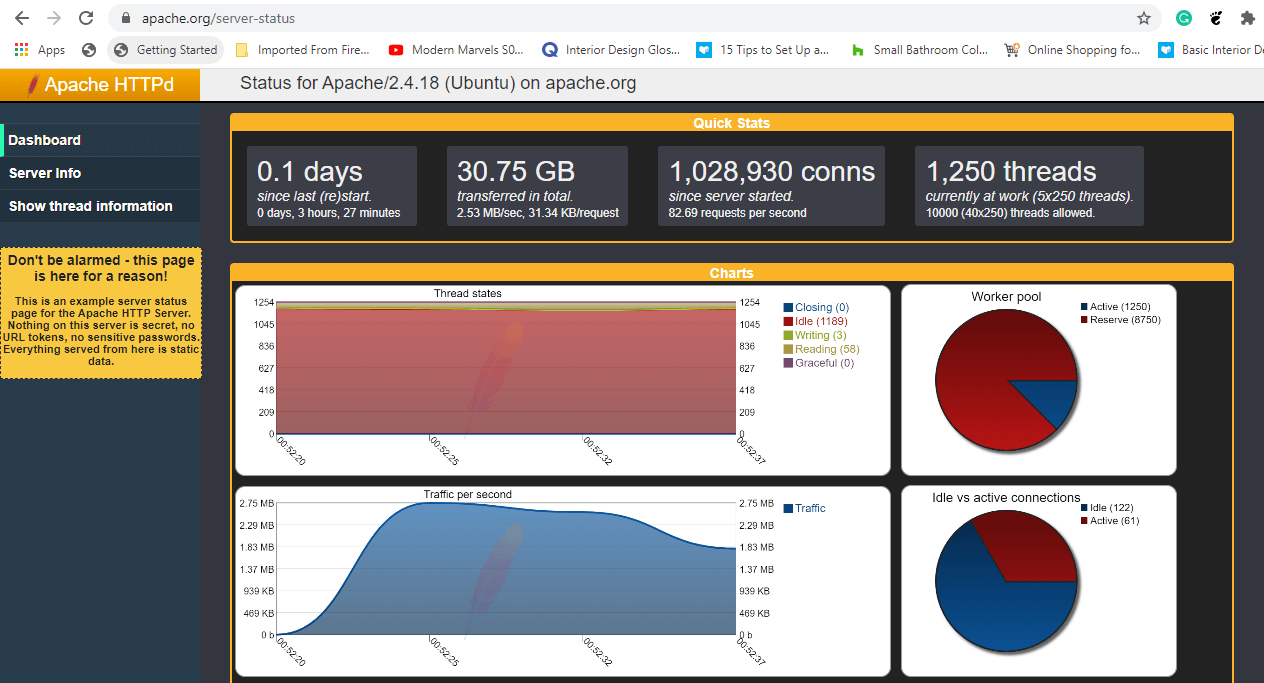
Firebase hosting might be an option for those who have websites. These servers offer a wide range of features, including One-click rollbacks, Cloud Messaging, and Cloud Logging. If you wish, your site can be hosted on your domain. It is important that you are familiar with the basics of firebase hosting.
Cloud Logging
Cloud logging with Firebase hosting allows you to track the performance and usage of your web site. Cloud logging lets you determine which elements of your website are slowing it down and how to fix them. Logging allows for you to view the number of requests received and their responses as well as the pages viewed.
Firebase hosting cloud log service has a number of features that are easy to integrate into projects. Cloud Functions, for example, can be used to run backend codes in response to events. These functions are triggered by Firebase, HTTP requests, as well as HTTPS requests. Besides being easy to use, Cloud Functions help you integrate monitoring into your code and can be written in the Google Cloud Platform console.
Cloud Messaging
Firebase Cloud Messaging offers messaging services that support iOS, Android, as well as web applications. It is also available for free until June 2022. Developers can use the service to send out messages and notifications to users. It also allows developers to create a web app and integrate it with Firebase. In addition, it supports API calls to Firebase servers.

Firebase Cloud Messaging can be used in a simple and straightforward manner. It is compatible with multiple platforms and simplifies client development by removing the need for registration and subscription retry logic. You can also use it to send notifications to your customers using serverless notifications. You can also use the Firebase console to choose which users will receive notifications from your app.
Cloud Run
Firebase Hosting now supports Google Cloud's Cloud Run service. Cloud Run is a fully-managed computing platform that allows developers use HTTP requests to run stateless containers. Firebase integration allows developers to use Cloud Run architecture as the backend for their applications. This service is great for hosting RESTAPIs.
It is simple to set up, and it hides the complexity of running and building applications. It is also much easier to use than Cloud Functions, as it doesn't require the maintenance of infrastructure such as a Docker registry or Kubernetes cluster. However, it does not support all protocols. Therefore, it's best for services with REST APIs.
One-click rollbacks
Firebase hosting offers one-click rollback and deployment for your static files. You can deploy your content in a few minutes and see it live immediately after upload. It includes SSL and other features that will help protect your data. This is the ideal tool for web developers.
Firebase hosting also allows for provisioning SSL certificates. SSL certificates are crucial for protecting sensitive data. But, many developers don't have the skills required to apply and maintain these certificates. Firebase hosting offers SSL certificate provisions for developers.

Security
Firebase hosting can help you create complex Progressive Web Apps. However, you need to ensure the security of your data. While Firebase is easy to use and has great performance, its data structure is not ideal for security. For example, Firebase cannot evaluate all rules for all child nodes without removing them. It is therefore important to arrange your data so it nests under high level nodes and has access permissions only that you can control.
Firebase hosting gives you several options to help protect data. First, it offers a CDN. The downside is that Firebase does not offer web application firewall, DDoS protection, or rate-limiters. These features are designed to prevent malicious actors stealing data from your website. Firebase costs can be significantly increased by malicious CDN activity. This is even though the Blaze Plan is pay-as–you-go. It's therefore vital to carefully monitor Firebase prices.
FAQ
How much do web developers make?
The hourly rate for a website you create yourself is $60-$80. Independent contractors are a better option if your goal is to charge more. An hourly rate of $150-200 could be possible.
What is a static website?
A static site is one that stores all content on a server. Visitors can access the website via web browsers.
The term "static" is used to refer to the absence of dynamic features like changing images, video, animations, etc.
This type of site was originally developed for use in corporate intranets but has since been adopted by individuals and small businesses who want simple websites without the complexity of custom programming.
Static websites are becoming more popular due to their ease of maintenance. They're easier to update and maintain when compared to a fully-featured website with many different components (such as blogs).
They load much faster than dynamic counterparts. This makes them great for those who have slow Internet connections or users with mobile devices.
Static websites are also more secure than dynamic ones. A static website is impossible to hack. Hackers have limited access to data within a database.
Two main methods can be used to create a static site:
-
Using a Content Management System (CMS)
-
Create a static HTML website
Which one you choose depends on your requirements. A CMS is a good choice if you are new to website creation.
Why? Because it gives you complete control of your website. With a CMS, you don't need to hire someone to help you set up your site. Upload files to the web server.
You can still learn how to code and create a static website. But you'll need to invest some time learning how to program.
What should I include in my Portfolio?
These things should make up your portfolio.
-
Examples of your previous work.
-
If possible, links to your site
-
These are links to your blog.
-
Here are some links to social media pages.
-
Other designers' online portfolios can be found here.
-
Any awards that you have received.
-
References.
-
Examples of your work.
-
These links will help you communicate with clients.
-
You are willing to learn new technologies.
-
These are links that show your flexibility
-
Links that show your personality
-
Videos showing your skills.
Should I use WordPress or a website builder?
A small website is the best way to build a successful web presence. If you have the time and resources to build a full-blown site, then do so. If you don't have the resources to build a full-fledged site, a blog may be the best choice. As you learn to develop and design websites, you can always add new features.
However, before you create your first website you need to set up a primary URL. This will allow you to point to your primary domain name when you post content.
What is a responsive design web design?
Responsive Web Design (RWD) is an approach to designing websites where content displays responsively on all devices - desktop computers, laptops, tablets, smartphones, etc. This allows users to simultaneously view a website from one device while still being able to access other features, such as navigation menus and buttons. RWD's goal is to ensure that users view the exact same version of a website on every screen size.
A website that sells primarily through eCommerce would be an example of this. You want your customers to be able to purchase products from your store, even if they are viewing it on a phone.
A responsive site will automatically adjust its layout based on the device being used to view it. Your laptop will view the website exactly as a normal desktop site. However, if you're viewing the page on your phone, it will display differently.
This allows you to create one website that works on all devices.
How do I choose a Domain Name?
Choosing a good domain name is essential. If your domain name is not great, people won't be able to find you easily when they search the internet for your product.
Domain names should not be too long, difficult to remember, specific to your brand, or unique. In order to make your domain name memorable, people should be able to type it into their browsers.
Here are some ideas to help you choose a domain.
* Use keywords that are related to your niche.
* Do not use hyphens (-), numbers or symbols.
* Don't use.net or.org domains.
* Do not use words you already know.
* Try to avoid generic terms like "domain" or "website."
* Make sure it is available.
Can I make my website using HTML and CSS?
Yes! You should be able to create a website if you have been following the instructions.
You're now familiar with the basics of creating a website structure. However, you must also learn HTML and CSS Coding.
HTML stands to represent HyperText Markup Language. You can think of it as writing a recipe. It would include ingredients, instructions, as well as directions. HTML also tells a computer what parts of text should be bolded, underlined or italicized. It is the language used to describe documents.
CSS stands as Cascading Stylesheets. It's like a stylesheet for recipes. Instead of listing every ingredient and instructions, you create general rules about font sizes, colors, spacing and other details.
HTML tells a browser how to format a webpage; CSS tells a browser how to do it.
Don't be afraid to ask questions if you don’t understand any of these terms. Follow these tutorials, and you'll soon have beautiful websites.
Statistics
- Did you know videos can boost organic search traffic to your website by 157%? (wix.com)
- It's estimated that chatbots could reduce this by 30%. Gone are the days when chatbots were mere gimmicks – now, they're becoming ever more essential to customer-facing services. (websitebuilderexpert.com)
- The average website user will read about 20% of the text on any given page, so it's crucial to entice them with an appropriate vibe. (websitebuilderexpert.com)
- It's estimated that in 2022, over 2.14 billion people will purchase goods and services online. (wix.com)
- It enables you to sell your music directly on your website and keep 100% of the profits. (wix.com)
External Links
How To
What is website Hosting?
Website hosting is the place where visitors go to visit a website. There are 2 types.
-
Shared Hosting - This is your cheapest option. Your website files reside in a server managed by another company. Customers visit your website and send their requests over the Internet to this server. The server owner then forwards the request to you.
-
Dedicated hosting: This is the most costly option. Your website is hosted entirely on one server. Your traffic is private because no other websites have shared space on this server.
Shared hosting is preferred by most businesses because it's cheaper than dedicated hosting. The company hosting the server will provide the resources necessary to manage your website.
However, both have their advantages and disadvantages. Here are the main differences between them:
Shared Hosting Pros:
-
Lower Cost
-
Easy to Setup
-
Frequent updates
-
It is possible to find it on many web hosting companies
Shared hosting is often as cheap as $10 per month. However, this price typically includes bandwidth. Bandwidth refers the data that you can transfer over the Internet. Even if you are only uploading photos to your blog site, high data transfer rates can still cost you extra.
You will quickly see why you paid so much for your former host once you have started. Most shared hosts provide very limited customer support. Their techs will occasionally walk you through setting up your site, but you're on your own after that.
It is important to find a provider that provides 24-hour support. They will take care of any issues while you sleep.
Dedicated Hosting Cons:
-
More Expensive
-
Less Common
-
Requires special skills
With dedicated hosting, everything you need for your website is at your fingertips. You won't have worry about whether your website is using enough bandwidth, or whether it has enough RAM (random-access memory).
This means that you will have to pay a little more upfront. However, once your business goes online, you'll discover that you don’t need as much technical support. You'll soon be an expert at managing servers.
Which Is Better For My Business:
This depends on the kind of website that you want. If you only want to sell products, then shared hosting might be the best choice. It's simple to set it up and keep it updated. Because you share a server, you will most likely receive frequent updates.
However, dedicated hosting is the way to go if you want to build a community around your brand. You can put your efforts into building your brand, and not worry about how to handle your traffic.
Bluehost.com has both. Bluehost.com offers unlimited monthly data transfers, 24/7 customer support, domain registrations free of charge, and a 30-day guarantee for your money back.